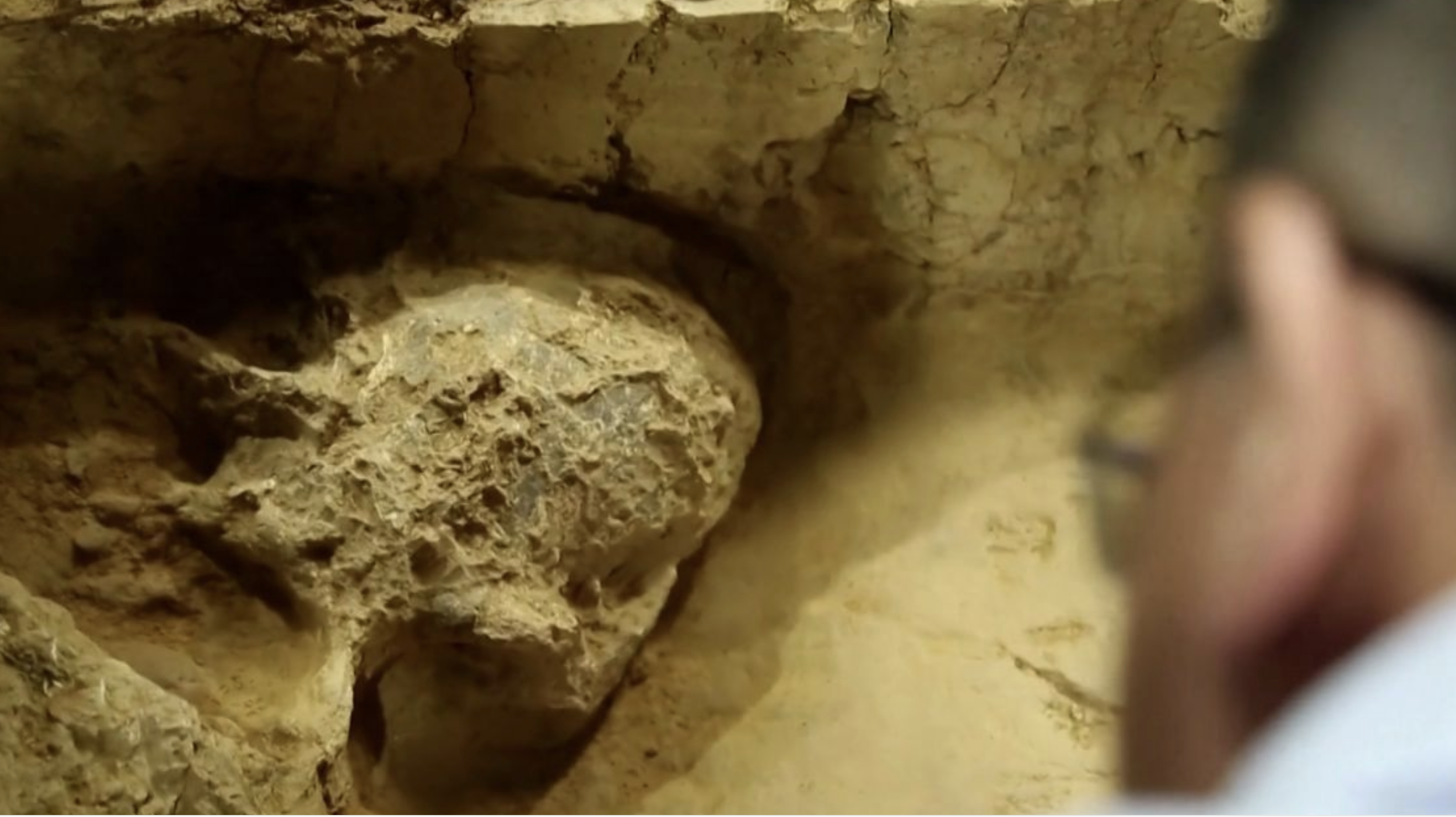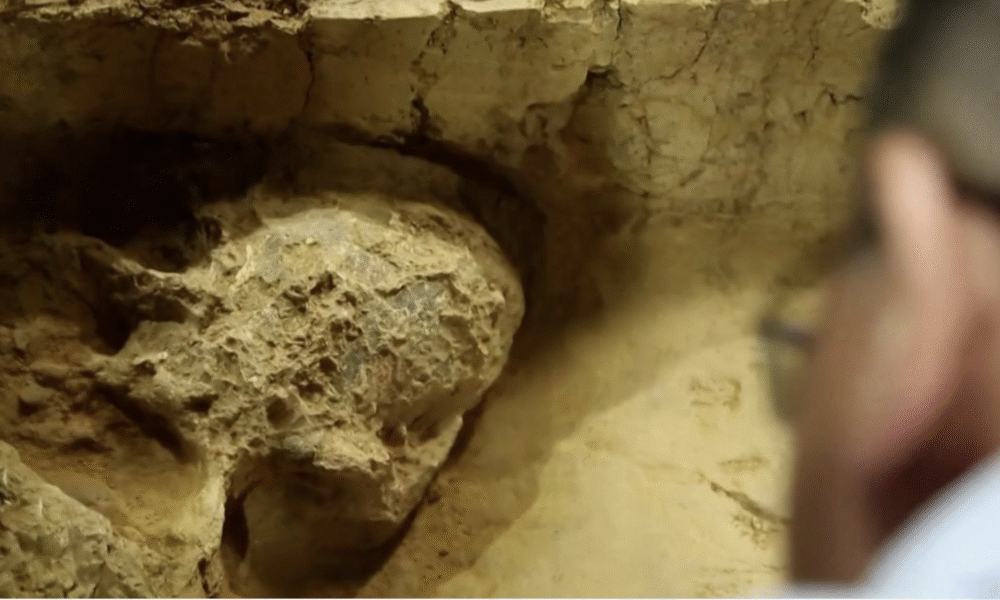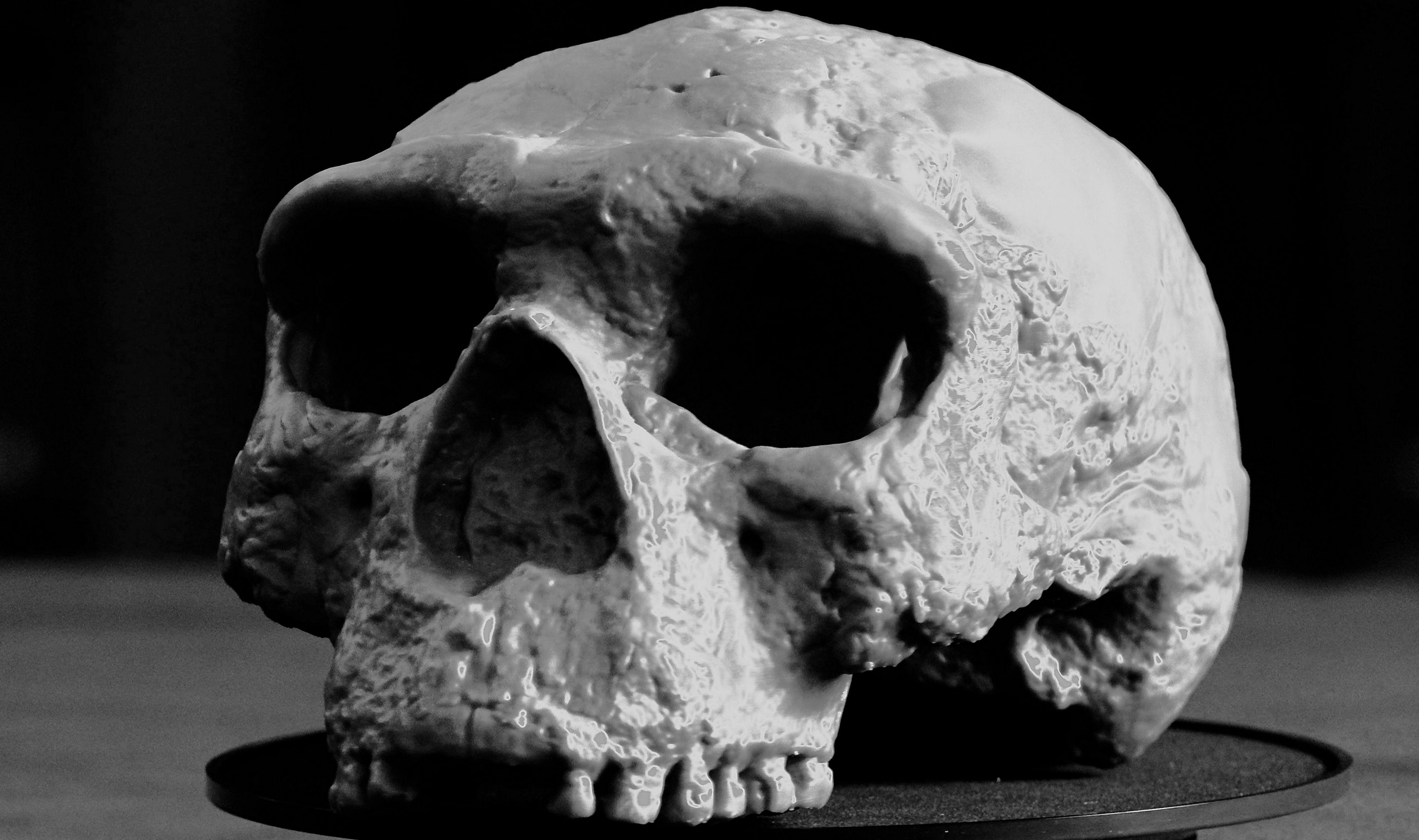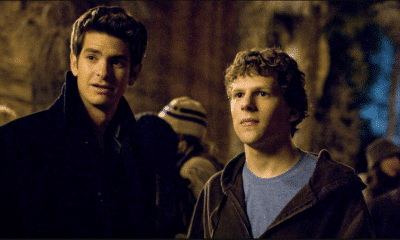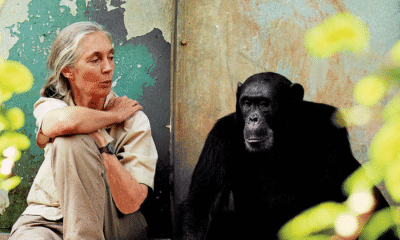News
Million-Year-Old Skull in China Forces Scientists to Rewrite Human Evolution
A groundbreaking discovery in central China has shaken the foundations of human evolutionary science. Researchers studying a million-year-old skull, known as Yunxian 2, suggest that Homo sapiens—the species to which we belong—may have begun to emerge at least 500,000 years earlier than previously believed.
The fossil, unearthed in Hubei Province, was initially thought to belong to Homo erectus, the first large-brained humans who appeared roughly 2 million years ago. However, new computer modelling and DNA analysis have led scientists to conclude that the skull more closely resembles Homo longi, a sister species of both Neanderthals and early modern humans.
Rewriting the Timeline
Until now, the earliest confirmed fossils of Homo sapiens have been dated back to around 300,000 years in Africa. However, the new analysis suggests that our species may have roots that stretch back nearly a million years. If correct, this finding would mean that modern humans coexisted with Neanderthals and Homo longi for as long as 800,000 years—a dramatic shift in our understanding of the human family tree.
Professor Xijun Ni of Fudan University, who co-led the research, admitted the team was initially stunned. “From the very beginning, when we got the result, we thought it was unbelievable,” he said. “But after repeated testing, we are now confident—and very excited.”
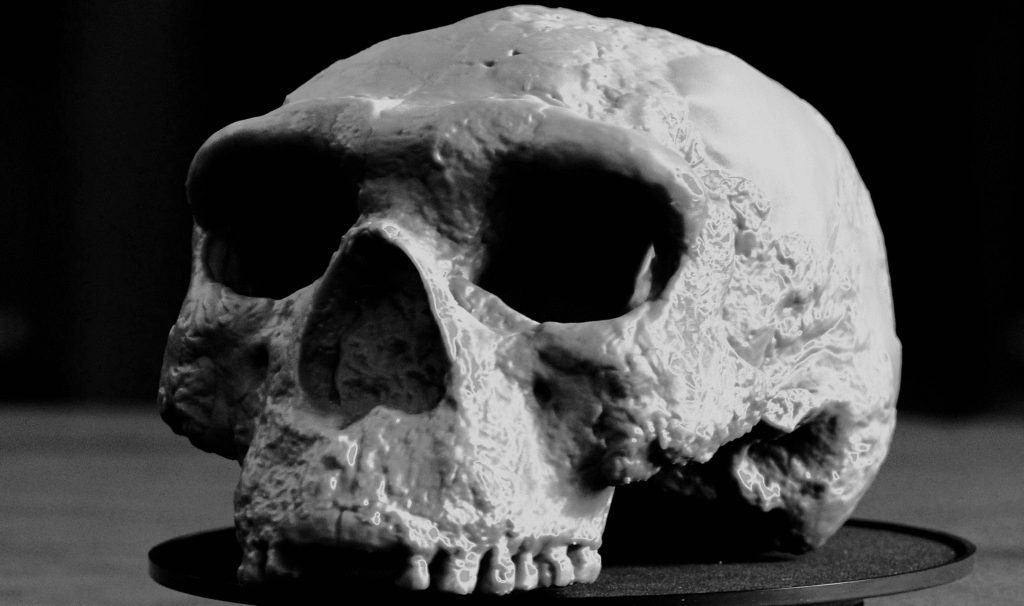
Million-Year-Old Skull Found in China – Replica (BBC)
A “Muddle in the Middle” Clarified
For decades, scientists have struggled with what they call the “muddle in the middle,” a confusing period in human history between 800,000 and 100,000 years ago, when fossil evidence didn’t neatly fit into known categories. The Yunxian 2 discovery may finally solve that puzzle by placing many of those remains into one of three main groups: Homo sapiens, Neanderthals, or Homo longi.
Chris Stringer of the Natural History Museum in London, another co-lead on the project, emphasized the significance of the discovery. “It shifts the timeline of human evolution back by at least half a million years,” he said. “There are likely million-year-old fossils of Homo sapiens out there—we just haven’t found them yet.”
View this post on Instagram
Skepticism Remains
Not all experts are convinced. A report in the BBC quotes Dr Aylwyn Scally, an evolutionary geneticist at Cambridge University, who cautioned that dating such ancient fossils is fraught with uncertainties. “Timing estimates are difficult to pin down,” he said. “While the conclusions are plausible, they are far from certain. More evidence, especially genetic data, will be needed.”
If verified, the Yunxian 2 skull could force textbooks to be rewritten and reignite debates about whether Homo sapiens first emerged in Africa or Asia. For now, the discovery adds an extraordinary new branch to the tree of human history, one that underscores the complex, interconnected journey of our species.


